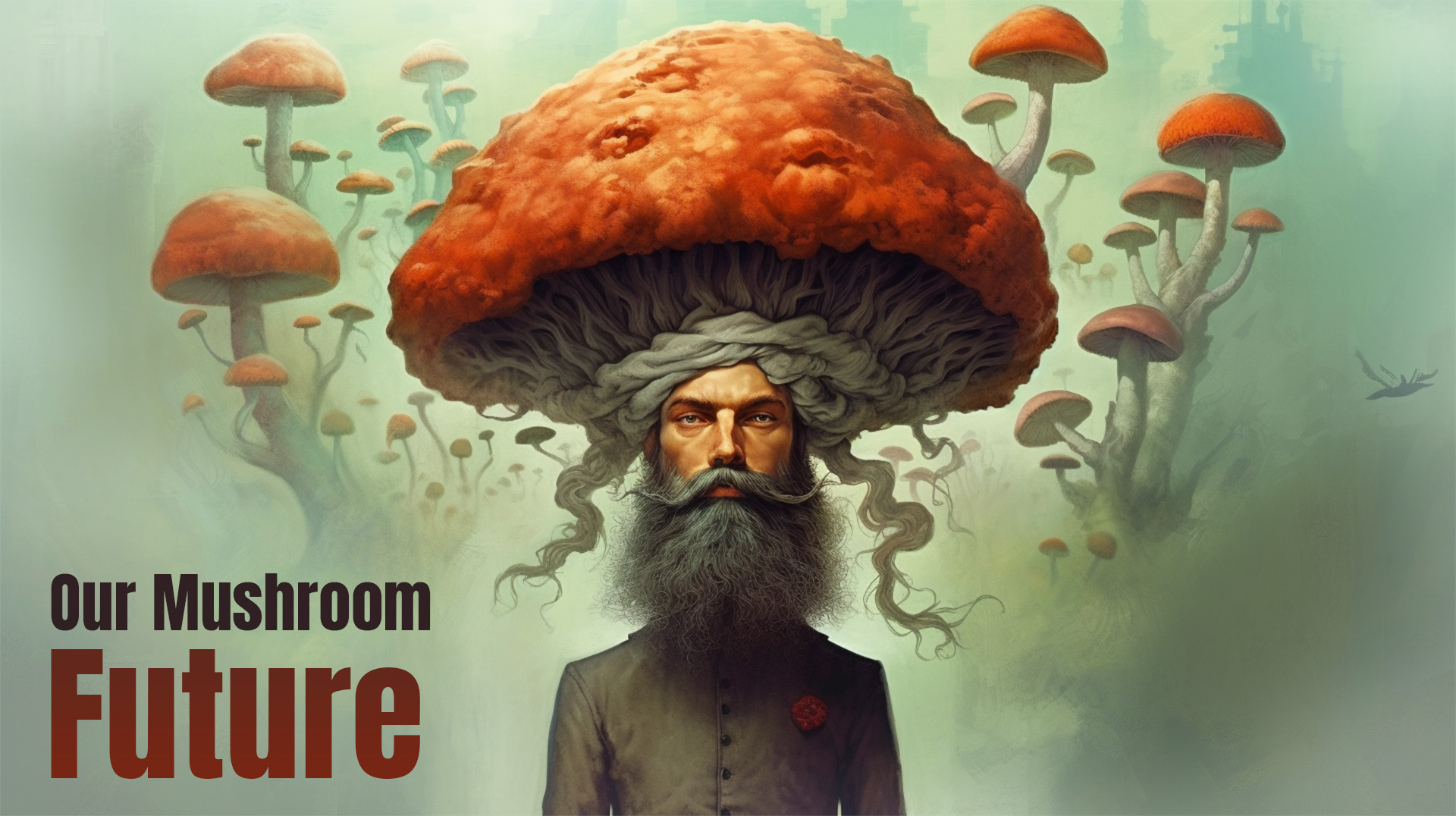Lions Mane Mushroom shows Promise for Brain Health

Lion’s Mane mushrooms (Hericium erinaceus) have gained attention for their potential cognitive benefits and their ability to support brain health. While there is ongoing research in this area, the following points summarize the current understanding:
Nerve Growth Factor (NGF) stimulation:
Lion’s Mane mushroom contains bioactive compounds that can stimulate the production of nerve growth factor (NGF) in the brain. NGF is a protein that plays a crucial role in the growth, maintenance, and survival of nerve cells, including neurons. By promoting NGF production, Lion’s Mane mushrooms may support brain health and potentially enhance cognitive function.
Neuro-protective properties:
The bioactive compounds in Lion’s Mane mushrooms, such as hericenones and erinacines, have been found to possess neuroprotective effects. They can help protect brain cells from oxidative stress and inflammation, which are associated with neurodegenerative diseases.
Enhanced memory and learning:
Some studies suggest that Lion’s Mane mushrooms may have the potential to improve memory and learning abilities. For example, a study published in the journal Phytotherapy Research in 2009 found that Lion’s Mane extract improved recognition and spatial memory in mice. Human studies are limited but have shown promising results.
Mood and mental health:
There is some evidence to suggest that Lion’s Mane mushrooms may have positive effects on mood and mental health. A study published in Biomedical Research in 2010 indicated that Lion’s Mane extract had an antidepressant-like effect in mice. However, further research is needed to fully understand its effects on human mental health.
Anti-inflammatory and antioxidant effects:
Lion’s Mane mushrooms contain compounds that exhibit anti-inflammatory and antioxidant properties. Chronic inflammation and oxidative stress are associated with various neurological disorders, including Alzheimer’s and Parkinson’s diseases. By reducing inflammation and oxidative stress, Lion’s Mane mushrooms may help protect the brain from damage.

More on Medicinal Mushrooms
If you want to learn more about this mushroom and a few others, we encourage you to watch our youtube short we created here:
Sources
While the scientific understanding of Lion’s Mane mushrooms’ effects on the brain is still developing, several studies have shown promising results. Here are a few sources to explore further:
- Mori, K., Inatomi, S., Ouchi, K., Azumi, Y., & Tuchida, T. (2009). Improving effects of the mushroom Yamabushitake (Hericium erinaceus) on mild cognitive impairment: a double-blind placebo-controlled clinical trial. Phytotherapy Research, 23(3), 367-372.
- Lai, P. L., Naidu, M., Sabaratnam, V., Wong, K. H., David, R. P., Kuppusamy, U. R., … & Malek, S. N. (2013). Neurotrophic properties of the Lion’s mane medicinal mushroom, Hericium erinaceus (Higher Basidiomycetes) from Malaysia. International Journal of Medicinal Mushrooms, 15(6), 539-554.
- Nagano, M., Shimizu, K., Kondo, R., Hayashi, C., Sato, D., Kitagawa, K., & Ohnuki, K. (2010). Reduction of depression and anxiety by 4 weeks Hericium erinaceus intake. Biomedical Research, 31(4), 231-237.
































































































